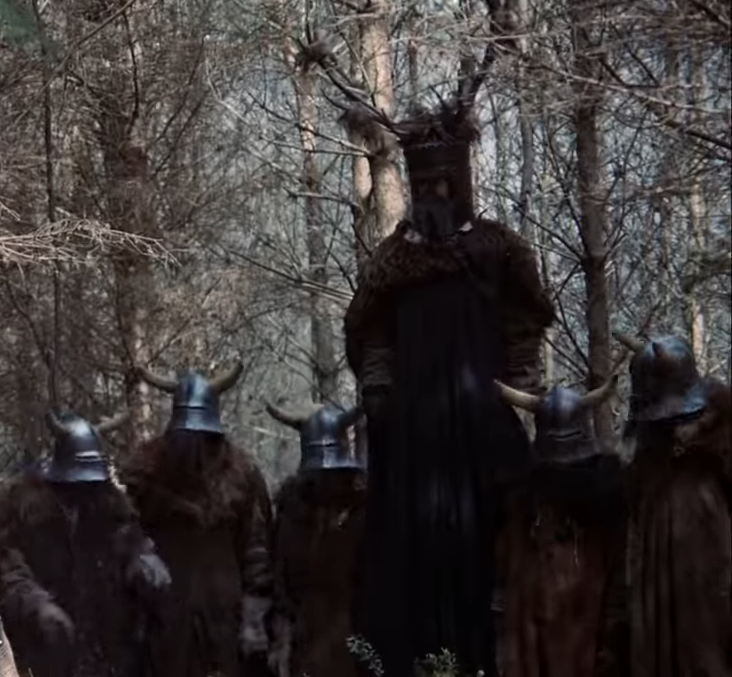
Posted on 04/02/2021 9:44:59 AM PDT by sodpoodle
A reminder that one word in the English language that can be a noun, verb, adjective, adverb and preposition.
UP
Read until the end ... you'll laugh.
This two-letter word in English has more meanings than any other two-letter word, and that word is 'UP.' It is listed in the dictionary as an [adv.], [prep.], [adj.], [n] or [v].
It's easy to understand UP, meaning toward the sky or at the top of the list, but when we awaken in the morning, why do we wake UP?
At a meeting, why does a topic come UP? Why do we speak UP, and why are the officers UP for election and why is it UP to the secretary to write UP a report? We call UP our friends, brighten UP a room, polish UP the silver, warm UP the leftovers and clean UP the kitchen. We lock UP the house and fix UP the old car.
At other times, this little word has real special meaning. People stir UP trouble, line UP for tickets, work UP an appetite, and think UP excuses.
To be dressed is one thing but to be dressed UP is special.
And this UP is confusing: A drain must be opened UP because it is stopped UP.
We open UP a store in the morning but we close it UP at night. We seem to be pretty mixed UP about UP!
To be knowledgeable about the proper uses of UP, look UP the word UP in the dictionary. In a desk-sized dictionary, it takes UP almost 1/4 of the page and can add UP to about thirty definitions. ��
If you are UP to it, you might try building UP a list of the many ways UP is used. It will take UP a lot of your time, but if you don't give UP, you may wind UP with a hundred or more.
When it threatens to rain, we say it is clouding UP When the sun comes out, we say it is clearing UP. When it rains, the earth soaks it UP. When it does not rain for awhile, things dry UP. One could go on and on, but I'll wrap it UP, for now . . my time is UP!
Oh . . . one more thing: What is the first thing you do in the morning and the last thing you do at night?
U
P !
Did that one crack you UP?
Don't screw UP. Send this on to everyone you look UP in your address book . . . or not . . . it's UP to you.
Something like this isn’t strange to native English speakers until they start thinking about it. I teach ESL and I know what a challenge this can be to people who are learning English. Over the years, I have come up (there is is again) with various explanations that I hope make these oddities easier to understand.
One day we had this sentence — “They were afraid when the alarm went off.” I asked the students, “Was the alarm off or on?” They all said it was off. No, I told them, it was on. They looked at me as if I were crazy. In thirty-plus years of teaching, I had never had to explain this, and, in sixty-plus years of speaking English, had never really thought about it, so I told them I would enlighten them at the next class, which I did. I had to think about some other ways we use, “go off,” and that helped me to explain it.
That story sounds a little off to me. Why bring it up?
: )
Don’t forget the UP - Michigan’s Upper Peninsula.
Ask Bill Clinton.
It was a better world when we used to lock up criminals and, sometimes, even string them up.
“It depends on what the meaning of the word ‘is’ is. If the—if he—if ‘is’ means is and never has been, that is not—that is one thing. If it means there is none, that was a completely true statement. Now, if someone had asked me on that day, are you having any kind of sexual relations with Ms. Lewinsky, that is, asked me a question in the present tense, I would have said no. And it would have been completely true.”
Why is it that “slow up” and “slow down” mean the same thing?
What’s up with this thread?

Disclaimer: Opinions posted on Free Republic are those of the individual posters and do not necessarily represent the opinion of Free Republic or its management. All materials posted herein are protected by copyright law and the exemption for fair use of copyrighted works.